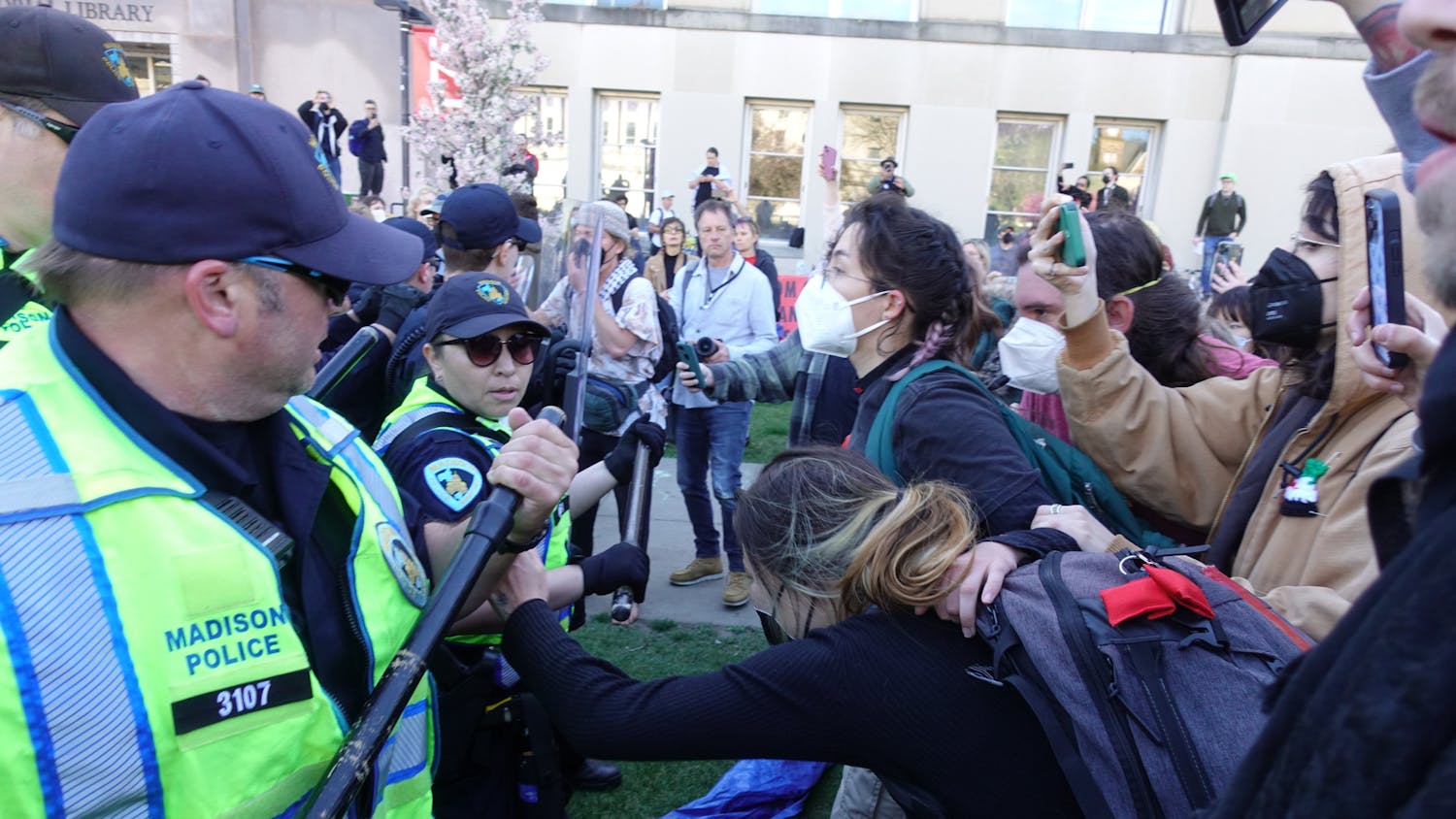While taking a walk around the UW-Madison campus and surrounding areas, it is difficult not to stumble upon stark reminders of the city’s homelessness issue. Library Mall, sections of State Street and other portions of the city have gained reputations as gathering areas for Madison’s homeless population.
Over the years, homelessness has manifested itself as a widespread political topic within the city of Madison, with Mayor Paul Soglin often a prominent voice in the thick of it.
Soglin’s perspectives on the issue has led to some clashes among city council members throughout his tenure, however. In two separate occasions in 2015 and 2017, Soglin proposed ordinances that would fine individuals for sleeping on public sidewalks at night. In a 2015 interview with Isthmus, District 2 Ald. Ledell Zellers expressed her disapproval.
“I absolutely agree that there’s a problem,” she said. “I’d like to see more collaboration on a strategy,” Zellers said. “I’m not sure the mayor’s approach is going to get us there.”
Several alders also accused Soglin of dwelling too much on the potentially bad optics that public homelessness may entail for those visiting parts of downtown, arguing he sent them reports and pictures of people passed out from drinking, public fights or assaults in an effort to illustrate his perceived magnitude of the situation.
In the wake of announcing his bid for re-election on Oct. 19, it is hard not to envision a mayoral race in which Soglin’s stances on homelessness do not play a pivotal role in the outcome. Because of this, the election will likely be watched closely by many around the city, including scores of homelessness advocates.
One such advocate is Kristin Rucinski, who is the executive director of The Road Home.. The Madison-based service focuses on helping homeless individuals find long-term housing, providing them support and spurring community-wide change. It serves approximately 170 families and 400 children per year.
Rucinski explained housing services for those who are homeless is often a difficult endeavor.
“Some of the biggest challenges in this work are finding apartments and landlords with vacancies who have affordable housing for families to rent,” Rucinski explained. She noted that despite subsidies being present, they are oftentimes unable to find landlords willing to work alongside them in giving families a second chance at housing.
She also said the dynamics common with homeless individuals and families may complicate situations further, citing issues of domestic violence as well as flaws in judicial and foster care systems.
In providing these services, Rucinski is aware of the ramifications the city government’s actions have on The Road Home’s ability to help the community as a whole. Rucinski said that, while it is unfeasible past a certain point, she would appreciate more financial aid in supporting Madison’s homeless population.
“It would be great if there were more funds to help with support services like housing navigators, case management, outreach, diversion, eviction prevention and eviction defense,” Rucinski said. “But this can't all rely on government entities.”
Additionally, she wishes the city had a stronger role in uniting different parts of the community in addressing homelessness.
She cited the issue of racial disparity within the city limits as well. According to the U.S. Census Bureau, as of 2013, 10.5 percent of white people in Dane County lived in poverty, compared to 42.4 percent of black people. Rucinski sees this “huge” disparity as a problem in Madison's homelessness situation, something that will likely be front-and-center in Soglin’s latest mayoral bid.
However, Rucinski seems adamant that, for the most part, she is satisfied with the intervention being passed down from City Hall.
“The city has done a good job creating the Madison Affordable Housing Fund, which helps create more units of affordable housing,” Rucinski explained. “The fund provides loans and grants to for-profit and non-profit housing developers for the... creation of new affordable rental and owner-occupied housing.”
She noted that the city plays an active role in encouraging housing developers to work with non-profits around Madison. This allows for a greater support system tailored to those transitioning to more stable housing.
Catholic Charities Madison Communications Director Jane McGowan said she is also impressed with the city’s aid in sustaining The Beacon, a homeless day resource center open year-round.
“The alders and city leaders have been very helpful in creating this much-needed service and we are grateful for that help,” McGowan said.
In spite of her criticism, Rucinski remains firm in her belief that unity between the city, homelessness advocacy services and other entities is what provides the best chance for success in the long run.
“We work to be part of community-wide action that addresses underlying problems, provides lasting solutions and not only pulls families out of the crisis of homelessness but also prevents other families from experiencing the crisis in the first place,” Rucinski said. “We believe that the biggest impacts occur when we all work together.”






